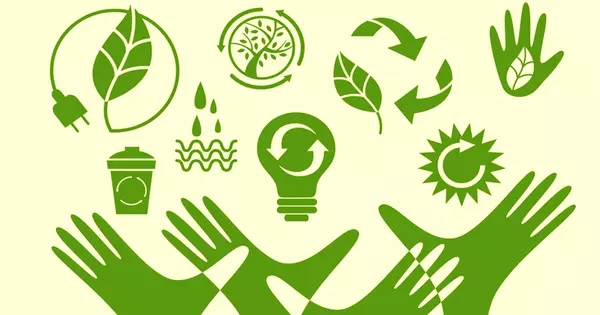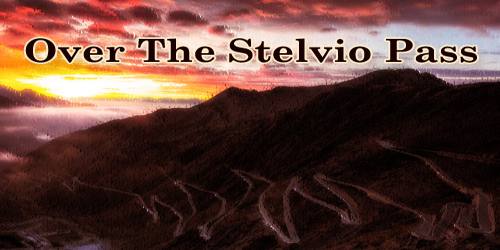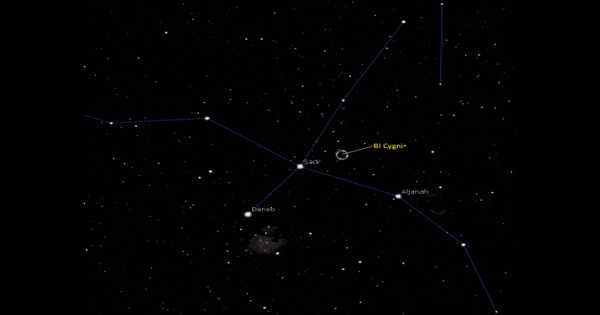Natural capital is the world’s stock of natural assets, which includes geology, soil, air, water, and all living things. It refers to the world’s natural resource stock, which includes geology, soils, air, water, and all living organisms. Humans derive a wide range of services, often referred to as ecosystem services, from this natural capital. Some natural capital assets, known as ecosystem services, provide free goods and services to people. All of these things support our economy and society, and thus allow us to live.
It is an extension of the economic concept of capital (resources that allow for the production of more resources) to goods and services provided by nature. A well-managed forest or river, for example, may provide an indefinitely sustainable flow of new trees or fish, whereas excessive use of those resources may result in a permanent decline in timber availability or fish stocks.
The food we eat, the water we drink, and the plant materials we use for fuel, building materials, and medicines are the most obvious ecosystem services. There are also many less visible ecosystem services provided by forests, such as climate regulation and natural flood defenses, billions of tonnes of carbon stored by peatlands, and insect pollination of crops. Cultural ecosystem services, such as the inspiration we draw from wildlife and the natural environment, are even less visible.
Natural capital also provides people with essential services such as water catchment, erosion control, and crop pollination by insects, which in turn ensures the long-term viability of other natural resources. Because the continuous supply of services from available natural capital assets is dependent on a healthy, functioning environment, the structure and diversity of habitats and ecosystems are important components of natural capital. Methods known as ‘natural capital asset checks’ assist decision-makers in understanding how changes in the current and future performance of natural capital assets will impact human well-being and the economy.
Natural capital is the world’s stock of natural assets, which includes geology, soil, air, water, and all living things. Humans derive a wide range of services, often referred to as ecosystem services, from this Natural Capital, which makes human life possible. Food, water, plant materials used for fuel, building materials, and medicines are the most obvious ecosystem services. There are also many less visible ecosystem services provided by forests, such as climate regulation and natural flood defenses, billions of tonnes of carbon stored by peatlands, and insect pollination of crops. Cultural ecosystem services, such as inspiration from wildlife and the natural environment, are even less visible.
















